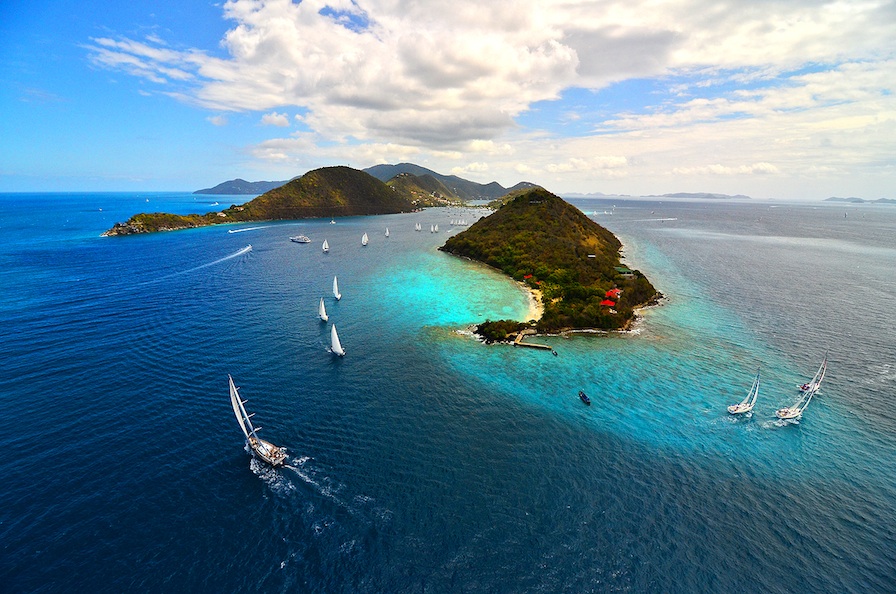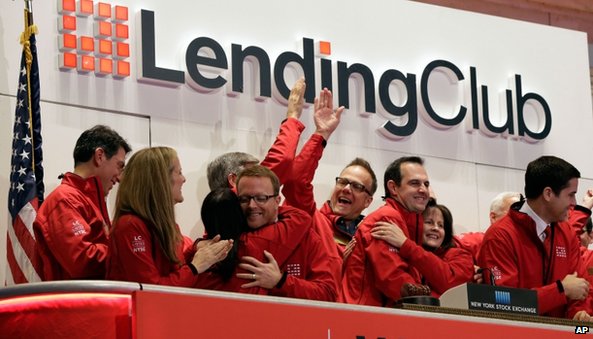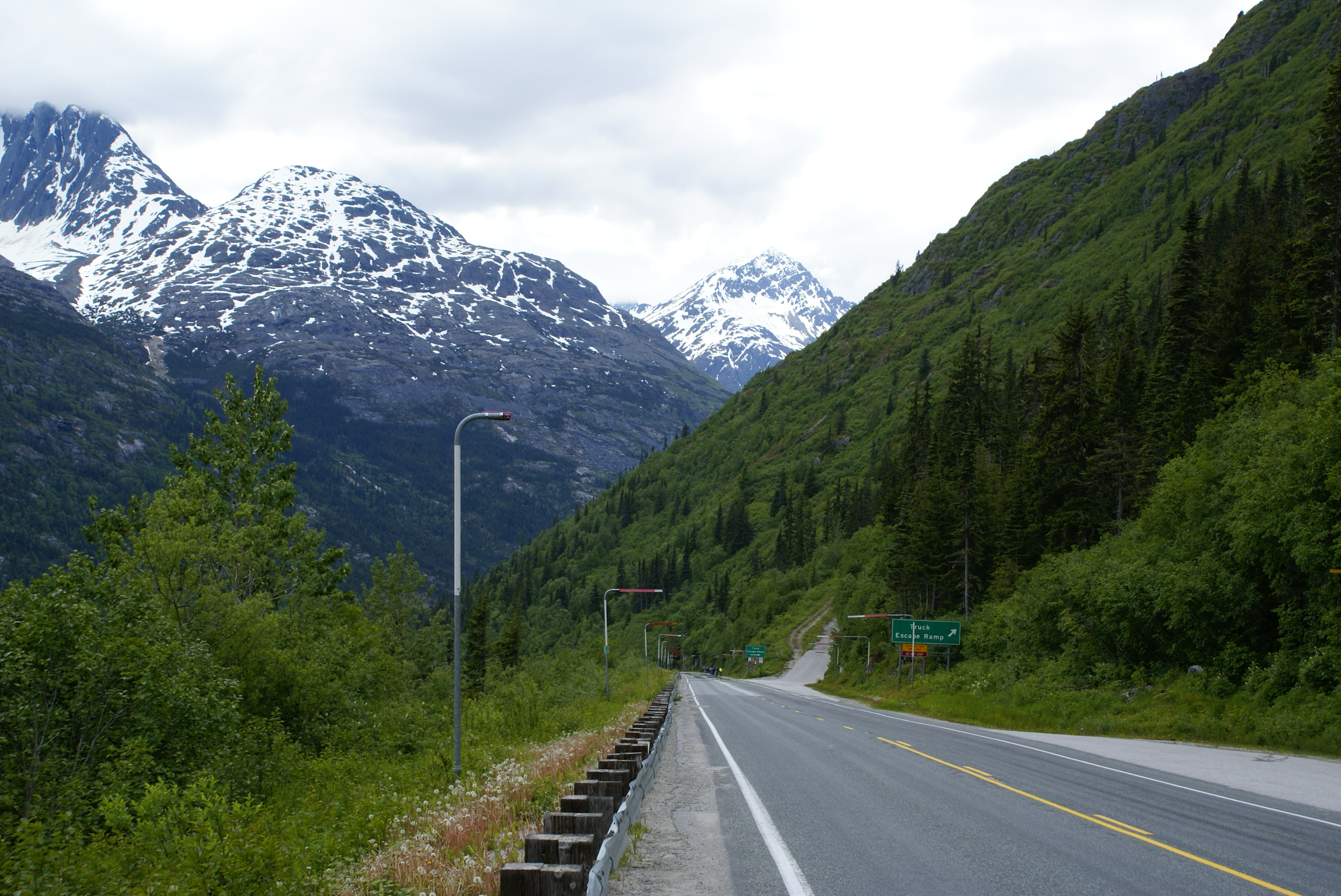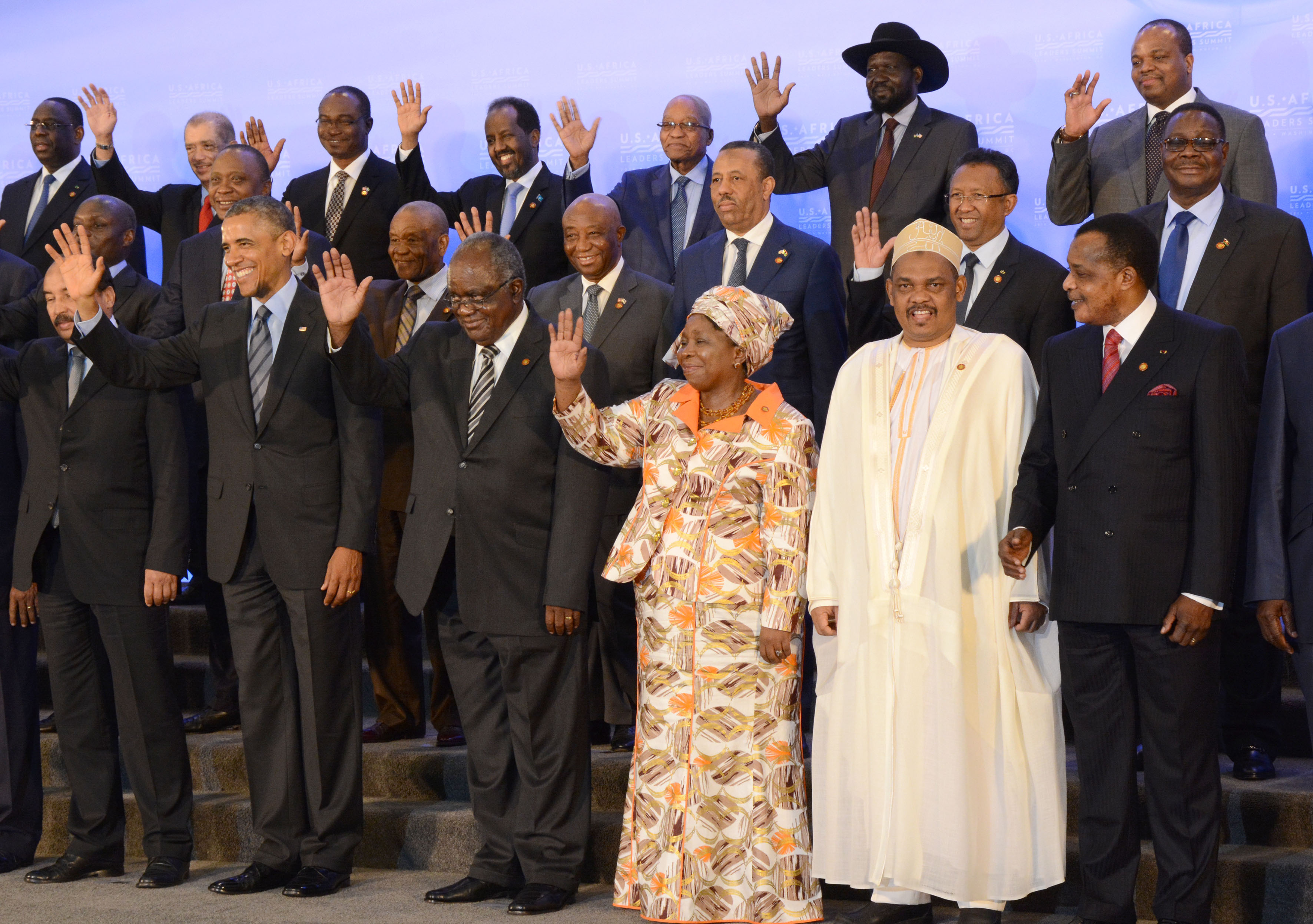The International Consortium of Investigative Journalists (ICIJ) has recently concluded a two-year project into the secretive world of offshore finance and tax havens. Dubbed “Secrecy for Sale”, the investigation drew from 2.5 million secret files made public by a data leak more than 160 times larger than the U.S. State Department documents published by WikiLeaks. The project involved 110 journalists across 58 countries and is one of the largest cross-border investigative projects in journalism history. The aim of the project was to strip away one of the greatest mysteries associated with tax havens: the owners of the anonymous companies. Recently, the ICIJ has launched a side project into the offshore holdings of China’s wealthy and elite with the majority of the 2.5 million files relating to or involving Chinese nationals.
On January 22, the ICIJ released the first report detailing the overseas assets of Chinese officials’ family members. China’s cyber cops were mobilized within hours of publication and the websites in China of both the ICIJ and media partner The Guardian were blocked in a seemingly contradictory move. The Chinese government, led by Chairman Xi Jinping, has made stamping out corruption a key initiative. Xi Jinping has vowed to crack down on both the “tigers” and “flies” – powerful leaders and lowly bureaucrats. Evidently, this corruption campaign will be conducted on the Communist Party’s terms as was also made clear during the trial of legal activist Xu Zhiyong. A lawyer who advocated for government transparency, Zhiyong sent a letter to the government in April 2012 calling for officials to disclose their assets. Zhiyong was convicted of “gathering a crowd to disturb public order” and sentenced to four years in prison.
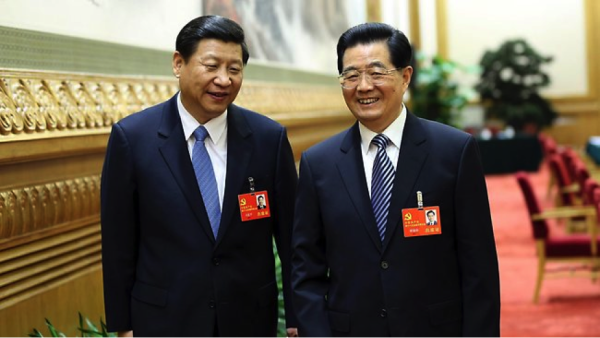
The ICIJ report comes at a sensitive time for China as it seeks to manage increasing social tension and inequality. The last decades of soaring growth have brought great prosperity, but the wealth has not been evenly divided. The country’s 100 richest men are collectively worth $300 billion while an estimated 300 million still live on less than $2 a day. The benefits of China’s economic rise have disproportionately benefited Communist Party Officials and “Princelings”, a term for families of China’s political elite. The report documents how these elites are aggressively using offshore havens to hold assets, list companies on stock exchanges, buy and sell real estate, and conduct their business away from Beijing’s red tape and capital controls. Among the investigation’s key findings is how these practices go right to the top of China’s elite. Relatives of at least five current or former members of China’s Politburo Standing Committee – President Xi Jinping, former premiers Wen Jiabao and Li Peng, former President Hu Jintao and former leader Deng Xiaoping – have held companies in the Cook Islands or British Virgin Islands.
The Chinese have been flocking to the BVI since the early 1990s, amid the looming handover of British-controlled Hong Kong.
The British Virgin Islands (BVI) have become the preferred destination for China’s elite to take their money. The islands account for less than 1% of the global market for offshore financial services, however it is the world’s leader in company incorporation. An estimated 40% of all offshore companies are incorporated in the BVI, and it is the world’s second largest hedge fund domicile after the Cayman Islands. The BVI is not a banking centre that holds assets locally. In 2010, the banks had just $2.5 billion in assets. The assets held by BVI companies are held elsewhere, often in other offshore locations making it even more difficult to calculate the holdings of companies. The Chinese have been flocking to the BVI since the early 1990s, amid the looming handover of British-controlled Hong Kong to the Chinese.
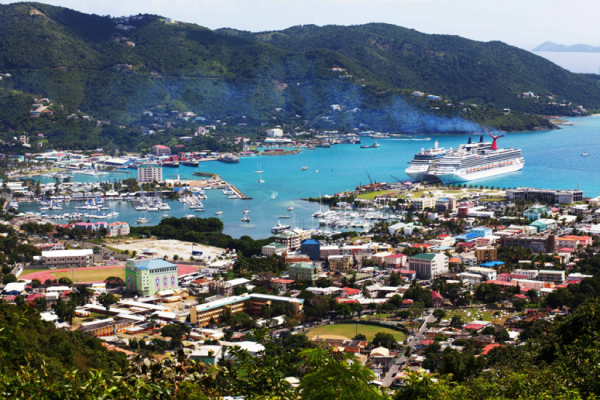
A delegation from the BVI went to Hong Kong in 1996 to showcase the island’s offshore sector and services and many recognize this event to be the beginning of the now strong financial relationship. The BVI receives some 40% of its offshore business from China, and according to a 2013 U.S. congressional research report, the islands are now the second largest foreign investor in mainland China after Hong Kong. From 1979 to 2010 its investments in China totaled more than the U.S., Britain, France, and Canada combined. A large share of this ‘foreign’ money is actually round-tripped Chinese money, where local Chinese send their wealth offshore and then return it to China illegally disguised as foreign investment, allowing them access to special tax breaks as well as anonymity.
These are worrying statistics for a government that is attempting to implement some of the most ambitious economic and social reform policies in history, as outlined at the Communist Party Central Committee’s Third Plenum in November of last year. A focus area of the agenda is the reforming of State Owned Enterprises (SOEs); namely to promote efficiency and to create room for the private sector by dissolving selected monopolies thereby allowing market forces to play a more decisive role. These monopolies and SOEs are often led by the same elites who take their money out of the country. One of the greatest risks China will face during the coming years will be elites who refuse to loosen their grip on the levers of economic and political power.

